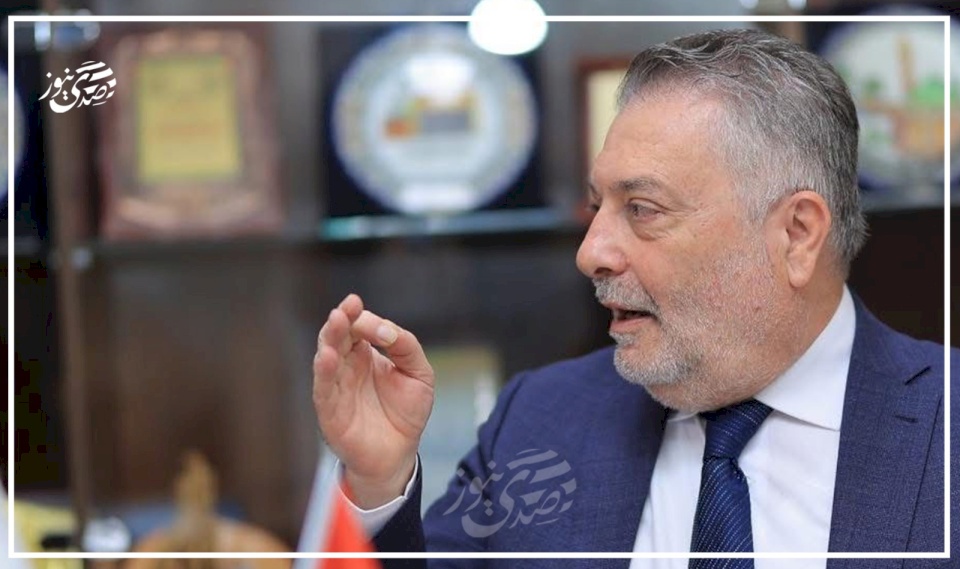
Gaza and the West Bank at a Crucial Economic Crossroads: Will the End of the War Lead to National Integration or a New Financial Division?
As the announcement of a potential ceasefire agreement in Gaza approaches, attention is turning to the political and security aspects, but the economic dimension is equally important. Palestine today stands at a dangerous economic crossroads: either moving towards national integration that reconnects the West Bank with the Gaza Strip, or falling into a deeper financial division that exacerbates the suffering of both sides.
Interconnected Economy Despite the Division
Despite the political division that has lasted for more than 17 years, the Palestinian economy remains inherently interconnected. The West Bank relies on Gaza as a market for some products, and families in the West Bank partially depend on remittances from the Gaza Strip. With the border crossings halted and the war ongoing, Gaza has not been the only one affected; the repercussions have extended to the West Bank, which has seen a recession and a decline in local demand. Opening the crossings may restore some commercial activity, but it is not enough to solve the escalating financial crisis in the West Bank.
A Financial Crisis Exceeding the Impact of War
The Palestinian Authority is currently facing an unprecedented financial deficit. Approximately 12 billion shekels of clearance funds are still withheld by Israel, while the monthly payroll bill exceeds one billion shekels. The recent New York conference succeeded in mobilizing only 198 million dollars from donors, which is a tiny fraction of the actual needs. Despite the announcement by the occupying finance minister that he is willing to transfer 4 billion shekels from the clearance funds, this amount only represents a temporary solution to some urgent obligations.
Accumulated Public Debt and a Strained Private Sector
With public debt surpassing 12 billion dollars – most of it owed to local banks – the government is also indebted to its employees, who have accumulated dues approaching two billion shekels. The private sector, from pharmaceutical companies to contractors, is suffering under the weight of unpaid dues, leading to stalled projects and rising unemployment rates. The crisis is no longer confined to the public sector but has extended to paralyze the entire economy.
Lost or Possible Opportunities?
The ceasefire represents a rare economic opportunity if invested in a unified national context. Reconstruction projects could provide job opportunities for thousands of workers from the West Bank, and reconnecting markets enhances local production. Moreover, exploiting major projects in energy and infrastructure could serve as a driver for joint economic development. However, these opportunities may be squandered if the West Bank and Gaza continue to be treated as separate entities, or if international funding continues to be managed without a unified Palestinian strategy.
A National Economic Vision is a Necessity, Not an Option
In the coming phase, securing external funding will not be the greatest challenge; rather, the real dilemma lies in shaping a unified Palestinian economic vision that addresses the crisis from its roots. This vision must be based on ensuring the regular and fair flow of clearance funds without arbitrary deductions, alongside internal financial reforms to stop the bleeding of net lending and enhance the efficiency of the tax system, with the restructuring of state-owned enterprises to shift from being a burden on the budget to an economic lever. Moreover, breaking the economic blockade requires expanding regional trade relations by activating trade corridors with Jordan and Egypt, providing the Palestinian economy with breathing space away from occupation control.
In Conclusion: A Historic Testing Moment
The end of the war is not the end of the journey; it is the beginning of a delicate phase that requires smart economic management. If an integrative approach is adopted, we may witness the beginning of building a unified Palestinian economy. However, if narrow calculations and external interventions prevail, the price will be a new financial division that deepens crises instead of solving them.
The economic future of Palestine will not be built solely on donor commitments but on the Palestinians' ability to transform the ceasefire into the beginning of a real economic resurgence that addresses roots rather than symptoms.

Licensed Occupation by Law

Whoever Does Not Plant Hope, Plants Departure...

Between "Here is Jerusalem" and "Here is Gaza" ... The Voice of a Nation and the Steadfast...

While some count the boos, Palestinians count their martyrs.. Paradoxes of the internation...

When the Palestinian Issue is Reduced to Gaza Management

Legally Licensed Occupation

The Absence of the Palestinian Representation and the Bet on Time

